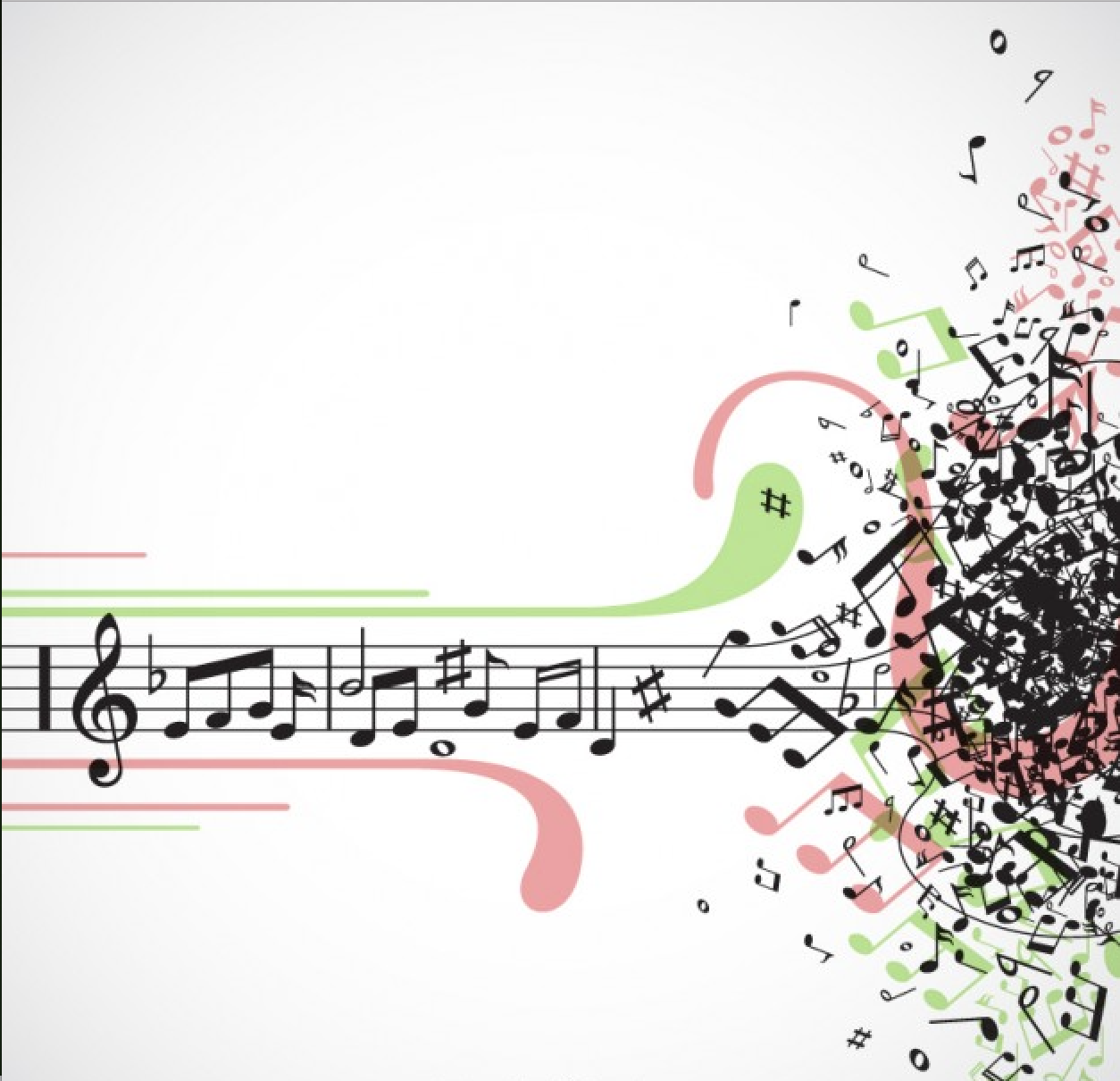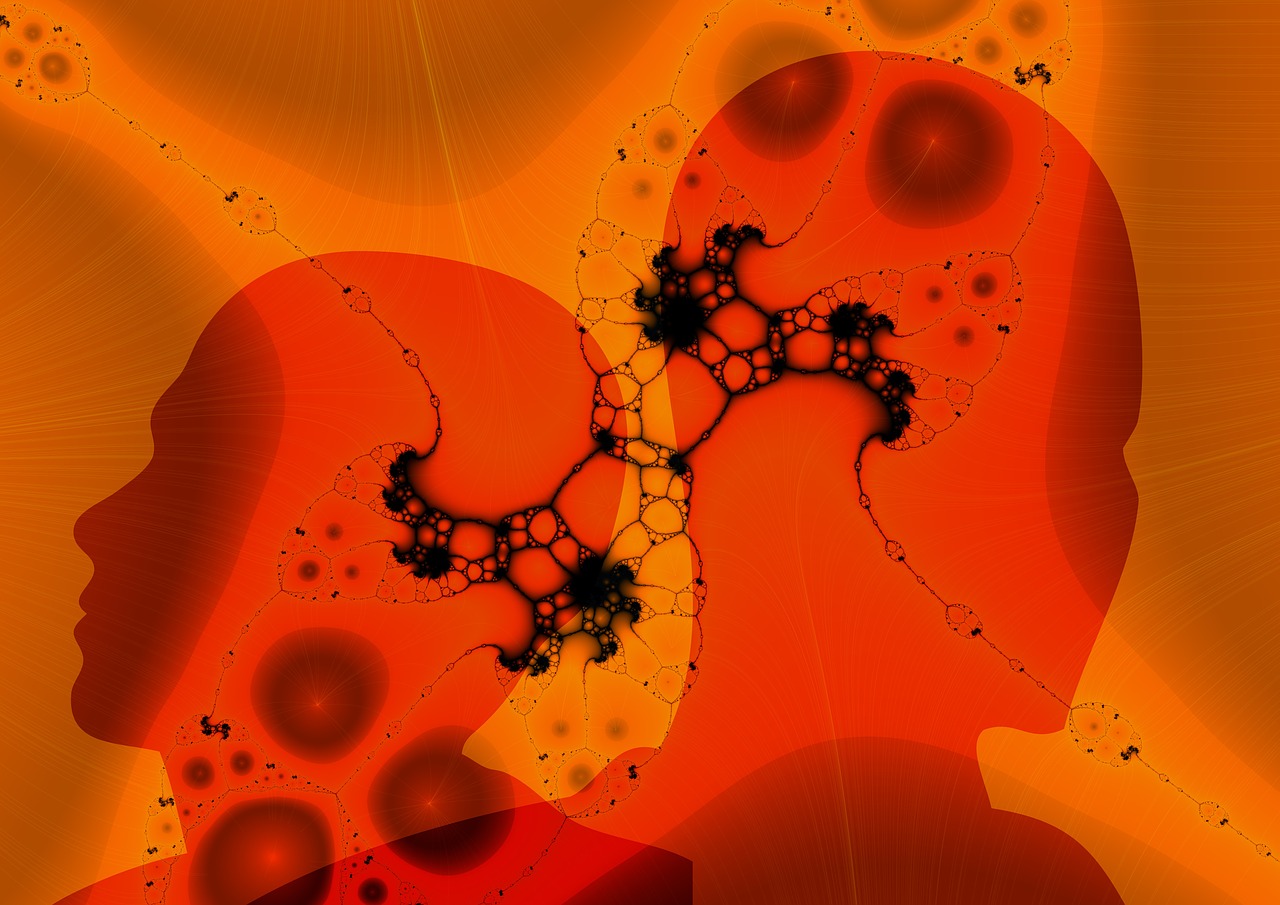Studying Music Makes You Better at Languages
Studying Music Makes You Better at Languages
Music is often described as the “universal language”, while languages are sometimes said to have an innate “musicality”. How do language and music influence each other? A Stanford research found that musicians have a better ear for languages.
Until recently, music and language were treated as completely separated in the study of the human mind. However, in the last two decades researchers have noticed that this division does not actually reflect reality, and have rather begun to study them as two intersected phenomena. This happened also thanks to new research technologies, such as brain imaging, which allow to see in real time what’s going on in the brain, with unprecedented detail.
Research has shown, for instance, that mastering an instrument enhances the way the brain processes spoken language. A Stanford study compared in fact musicians to non-musicians, and found out that people with musical experience detect small differences in word syllabes more easily than the others. That means, they understand better another person talking. Another team of Stanford researchers discovered that musical training can have improve our language skills at any stage of life. When we get musical training, our brain simply becomes more efficient in distinguishing split-second differences between rapidly changing sounds. Of course, this ability strongly affects reading and understanding language.
This finding has a lot of application potential. As one of the researchers reminded, it could help “improving speech processing in children struggling with language and reading skills”, and be a new tool to help “seniors experiencing a decline in their ability to pick up rapid changes in the pitch and timing of sounds, as well as speech perception and verbal memory skills, and even […] people learning a second language”[1].
Research has found other surprising links between music and language: for instance, that musicians process music with the same part of the brain which they use for languages, while non-musicians don’t. This would indicate that people who have a particular familiarity with music tend to process it in a more analytical way, rather than just perceiving it emotionally. For musicians, music actually is a language.
However, similarities and mutual influence between language and music go beyond neuronal connections. As composer David Arcus has put it, “there’s definitely a musicality to the way people speak. Different languages will tend to have different rhythms to them”[2]. Which means that language structures influence music when it comes to songs with a text.
Finally, we should not forget that language and music both serve a fundamental purpose in human society: bonding and communicating. Since the dawning of human history, they both bring communities together. Based on this, some researchers supposed that language and music developed together through evolution, strongly influencing one another.
______________________________
Join us or come take a look!
We are a group of people convinced that language skills should be valued. That is why we created Kolimi, the first international social network connecting multilingual professionals from all fields of work to the people who need their services.
Join us to find new opportunities, or follow us on Facebook, Twitter, YouTube or LinkedIn to discover new things about languages!
______________________________
References
[2] OpenBook, 2015







